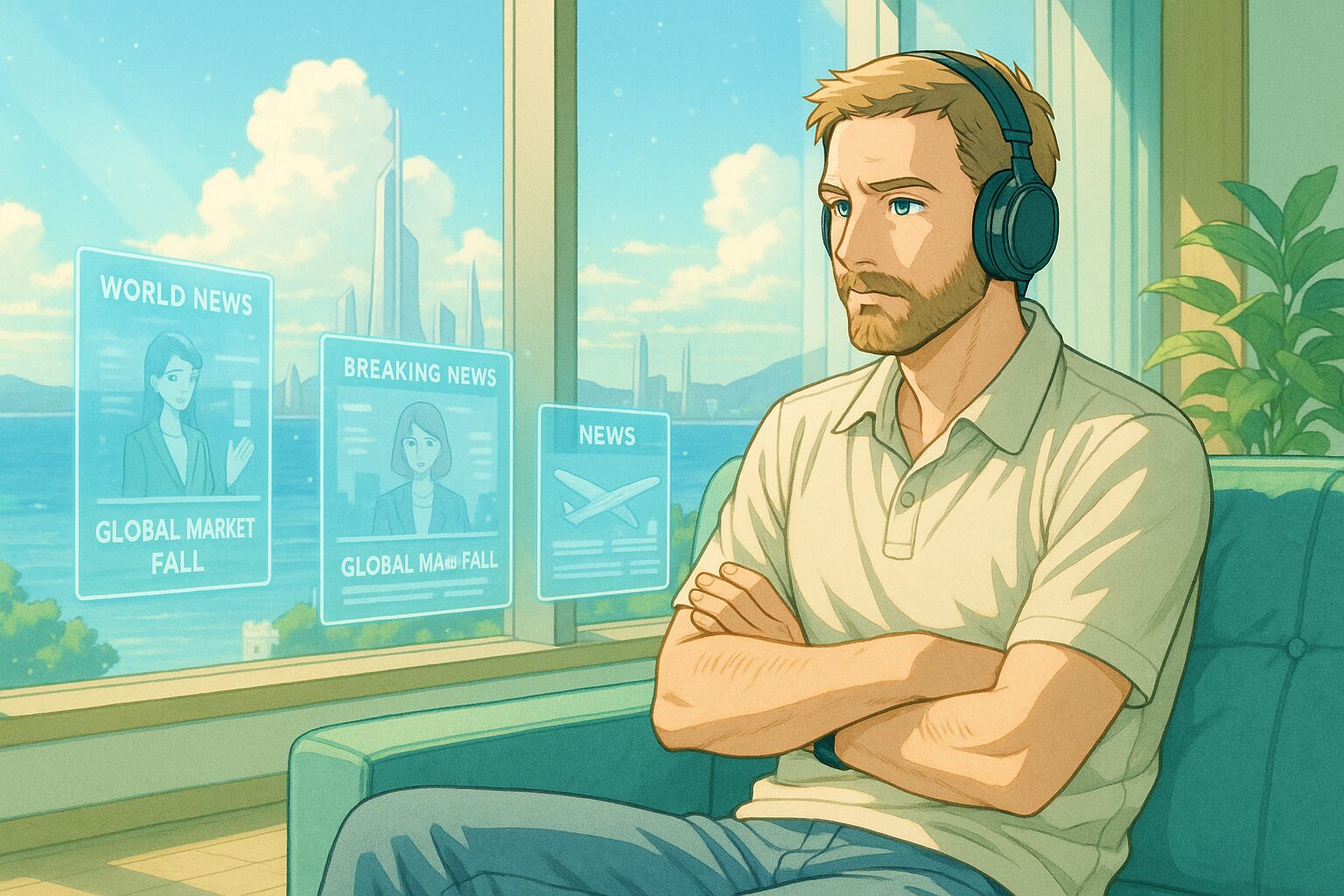The Home Appliance Recycling Revolution: What Future Does the Used Market Bring?
Household essentials such as refrigerators and washing machines are crucial. A brother and sister duo in India have started a startup that provides these important appliances at affordable prices, serving over 5,000 customers in just a year. If this trend continues, how will our lives change?
1. Today’s News
Summary:
- Refrigerators and washing machines are considered essentials in India, but many households cannot afford to buy new ones.
- The used appliance market is underdeveloped and lacks warranty and support.
- The startup founded by the siblings in Delhi addresses this issue by providing a reliable used appliance market.
2. Considering the Background
Refrigerators and washing machines are essential items that support daily life. However, many households must rely on the used market due to their inability to purchase new products. This market is not well-developed, and buyers cannot expect post-purchase support. Poor infrastructure and industry development contribute to this issue.
3. What Will the Future Look Like?
Hypothesis 1 (Neutral): A Future Where Used Appliances Become Commonplace
As a direct change, recycled appliances will become commonplace in households. This will extend the lifespan of appliances, allowing consumers to acquire high-quality products at affordable prices. Societally, there may be a reevaluation of the importance of taking care of one’s belongings.
Hypothesis 2 (Optimistic): A Future with Great Expansion of the Used Appliance Market
The used appliance market may rapidly expand, with more companies entering the field, leading to increased competition. This competition could enhance quality and service, providing consumers with better options. As a result, a sustainable society may be achieved, reducing environmental impact.
Hypothesis 3 (Pessimistic): A Future Where Appliances Lose Their Original Value
While the popularity of used appliances rises, the new market may stagnate, potentially slowing technological innovation. This may make it harder for consumers to access the latest technology, risking the loss of the inherent value of appliances. Consequently, consumer choices could narrow, and product diversity might be lost.
4. Tips for Us
Mindset Tips
- Adopt a perspective to reevaluate the value of the items you own.
- Consider not only price at the time of purchase but also the long-term usability of the item.
Small Practical Tips
- Take care of your belongings and offer items no longer needed to the recycling market.
- Participate in local recycling events to foster a culture of sharing.
5. What Would You Do?
- Would you actively use used appliances and choose a sustainable lifestyle?
- Would you opt to purchase new appliances and enjoy the latest technology?
- Or would you consider a lifestyle without appliances?
What future did you envision? Please let us know through social media quotes or comments.









